Relationship health and well-being in couples, families, and communities
Researching and training practitioners in therapy and counseling for relationships. Investigates the decision-making processes involved in marital relationships leading to the consideration and experience of divorce, including factors influencing couples' decisions to either continue their marriage or pursue divorce. Exploring and understanding close relationships that have strong emotional connections of belonging, care, and love.
Ronald Asiimwe, PhD Ronald Asiimwe, PhD
- Assistant Professor, Couple & Family Therapy Specialization
- asiim004@umn.edu
Dr. Asiimwe's research integrates multicultural perspectives to understand and explore the mental and relational health needs of African families and communities in the US and Africa who face challenges related to current and historical trauma.
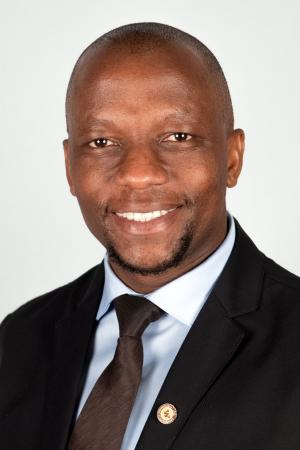
Chalandra Bryant Chalandra Bryant
- Professor and Dr. Pauline Boss Professorship in Ambiguous Loss
- 612-625-1900
- cmbryant@umn.edu
Dr. Bryant's research focuses on the developmental roots and course of close relationships; the ability to sustain close intimate ties; and how social, familial, economic, and psychosocial factors are linked to marital outcomes.
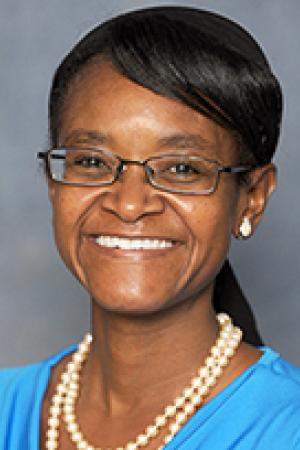
Michael Curtis Michael Curtis
- Assistant Professor
- He/him/his
- curtism@umn.edu
Dr. Curtis' research focuses on improving the mental health and service utilization of individuals from oppressed, and underserved communities to address the syndemic effects of intersectional stigma, traumatic stress, HIV, and mental health issues.

Jodi Dworkin Jodi Dworkin
- Professor and Extension Specialist
- she, her, hers
- 612-624-3732
- jdworkin@umn.edu
My research and outreach focuses on promoting positive family development, parenting adolescents and college students, and the role of technology in these relationships.

Steven Harris Steven Harris
- Professor, Couple and Family Therapy Specialization
- 612-625-1900
- smharris@umn.edu
Dr. Harris' research agenda includes divorce decision-making and family transitions associated with divorce. He is director of the MN Couples on the Brink Project that develops and evaluates best practices to help couples at high risk for divorce.
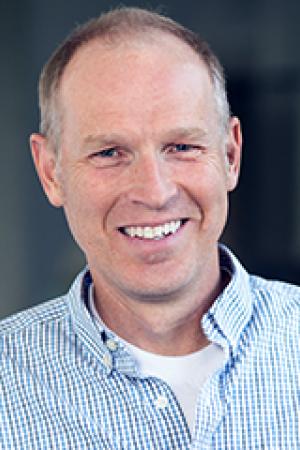
Christopher Mehus Christopher Mehus
- Research Associate Professor
- 651-785-3660
- cjmehus@umn.edu
I am a Prevention Scientist with a background in family science, family therapy, parenting interventions, primary care research, and psychological trauma.
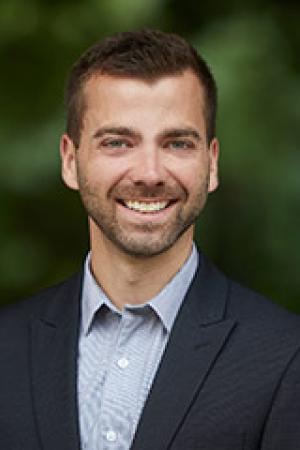
Tai Mendenhall Tai Mendenhall
- Professor, Couple & Family Therapy Specialization
- he/him/his
- 612-624-3138
- mend0009@umn.edu
I am a Medical Family Therapist and Director of the UMN Medical Reserve Corps’ Mental Health Disaster-Response Teams. My research examines collaborative family health care and community-based participatory research focused on public health issues.
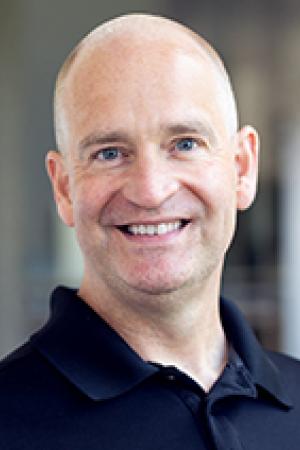
Cynthia Meyer Cynthia Meyer
- Senior Lecturer
- she/her/hers
- 612-625-8265
- cjmeyer@umn.edu
I am passionate about teaching about (and continuing to learn about) all the ways in which sexuality, families and larger systems are interconnected.
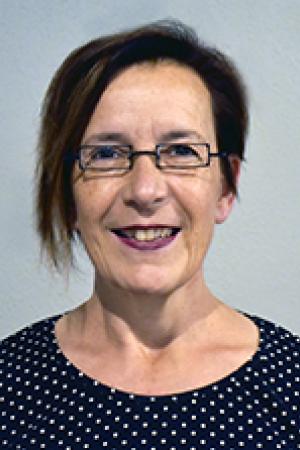
Michelle Pasco Michelle Pasco
- Assistant Professor
- she/her/hers
- mpasco@umn.edu
Dr. Pasco’s research uses a culturally-informed lens to understand the lived experiences of ethnic-racial minoritized youth and families within neighborhood contexts and uses different methods to examine how neighborhood factors influence them.
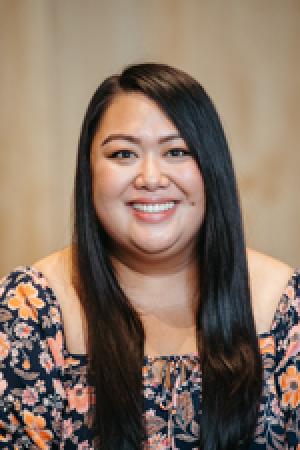
Avelina Rivero Avelina Rivero
- Assistant Professor and Extension Specialist
- Ella/she/her/hers
- river896@umn.edu
Dr. Rivero's research identifies how family members can influence and shape Latina young women’s body image perceptions and development and explores the unique role cultural values play in shaping family interactions and relationships.

Armeda Wojciak Armeda Wojciak
- Associate Professor, Couple & Family Therapy Program Director, Olson Family Professorship
- she/her/hers
- 612-625-1900
- awojciak@umn.edu
Dr. Wojciak has a robust research program to improve outcomes for at-risk youth and families with adverse childhood experiences (ACEs) using interventions that are designed and evaluated across family, foster care, school, and youth camp formats.
